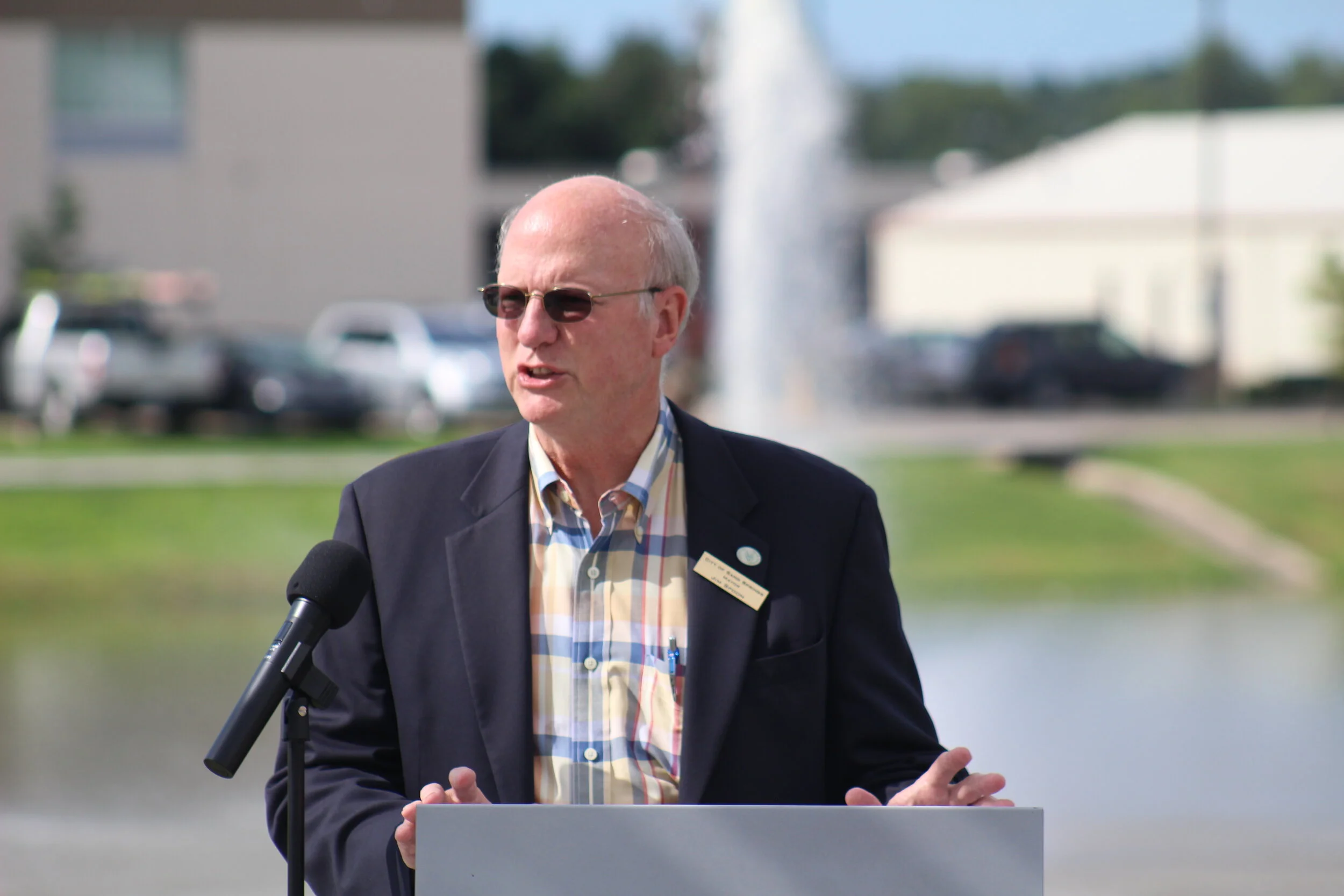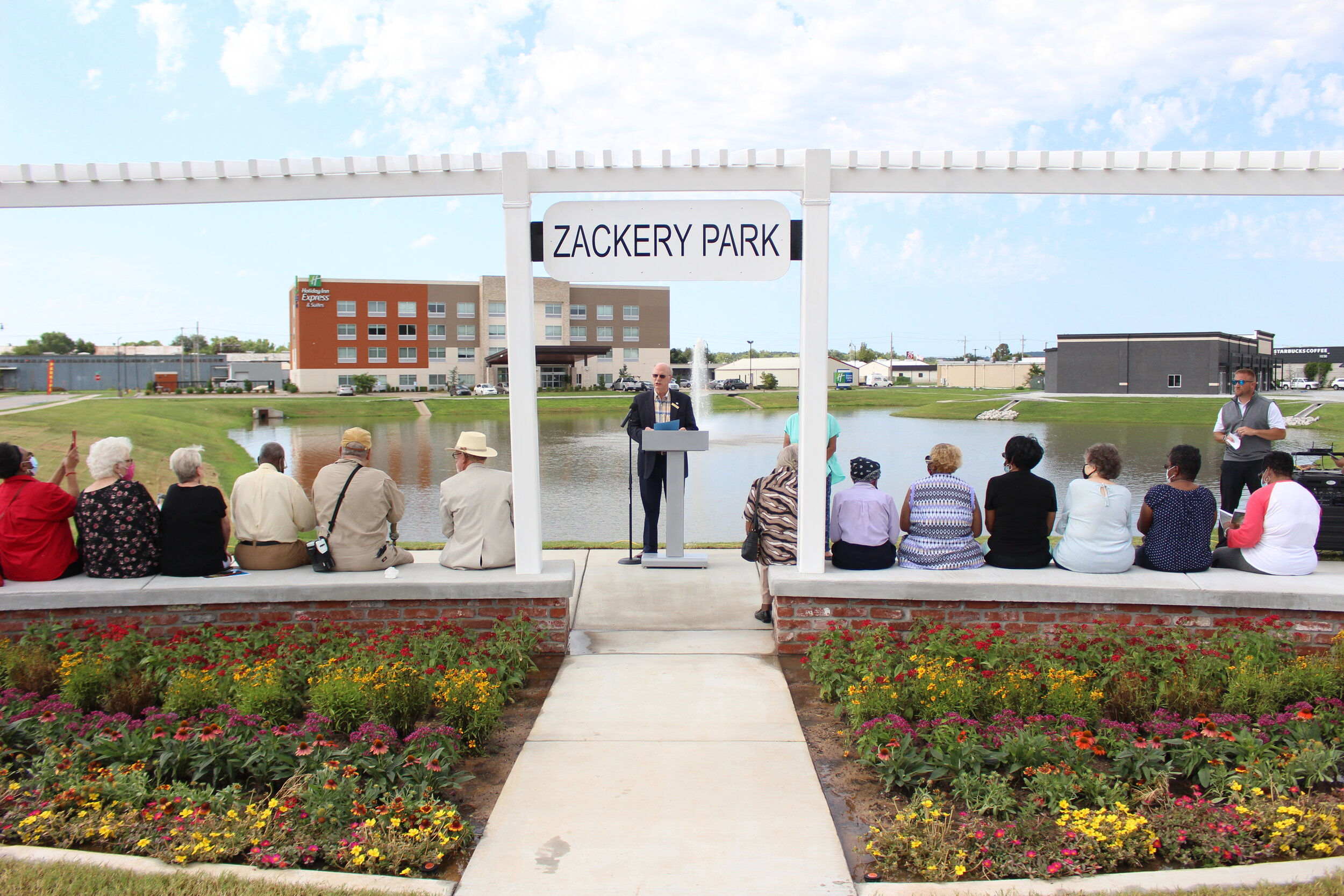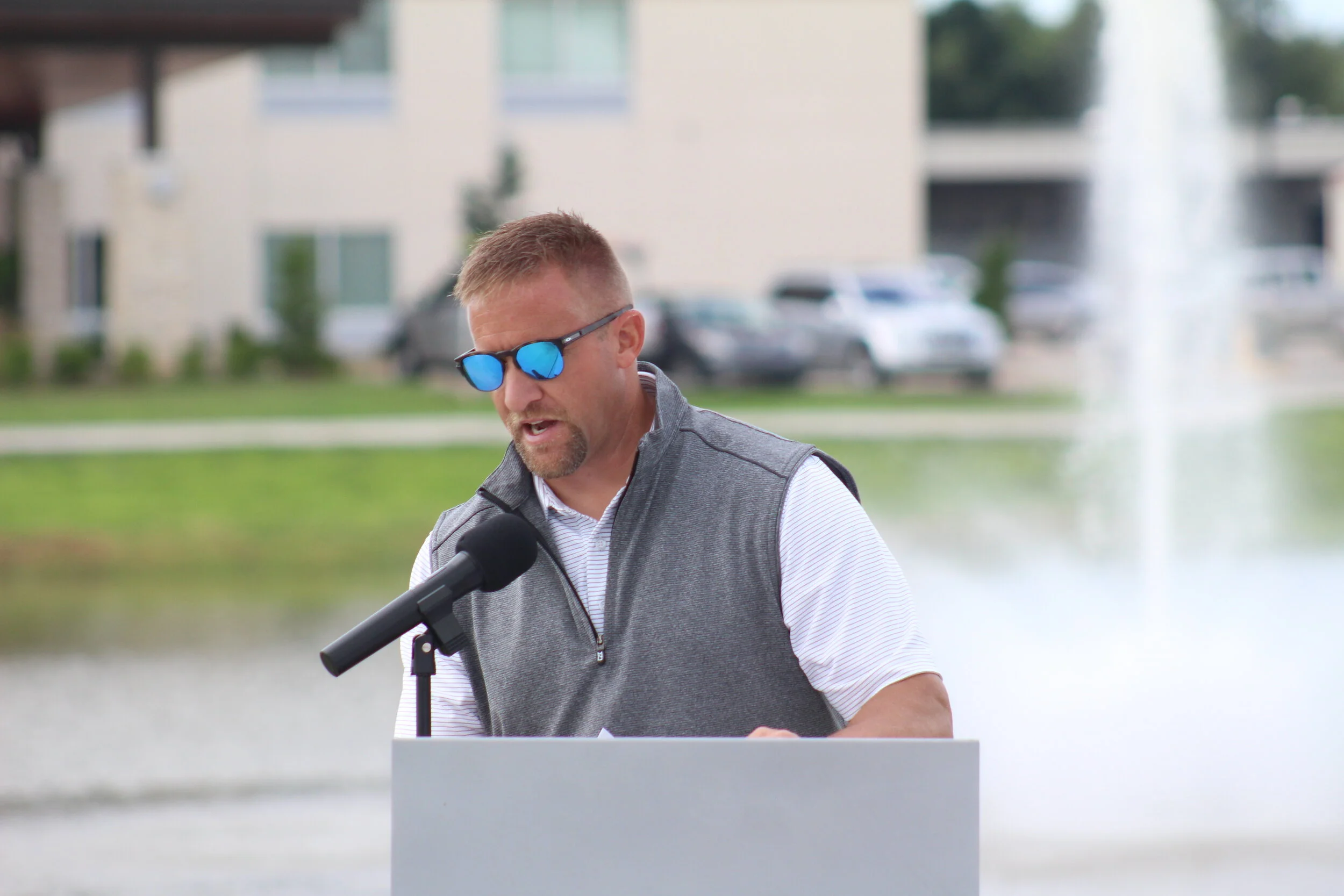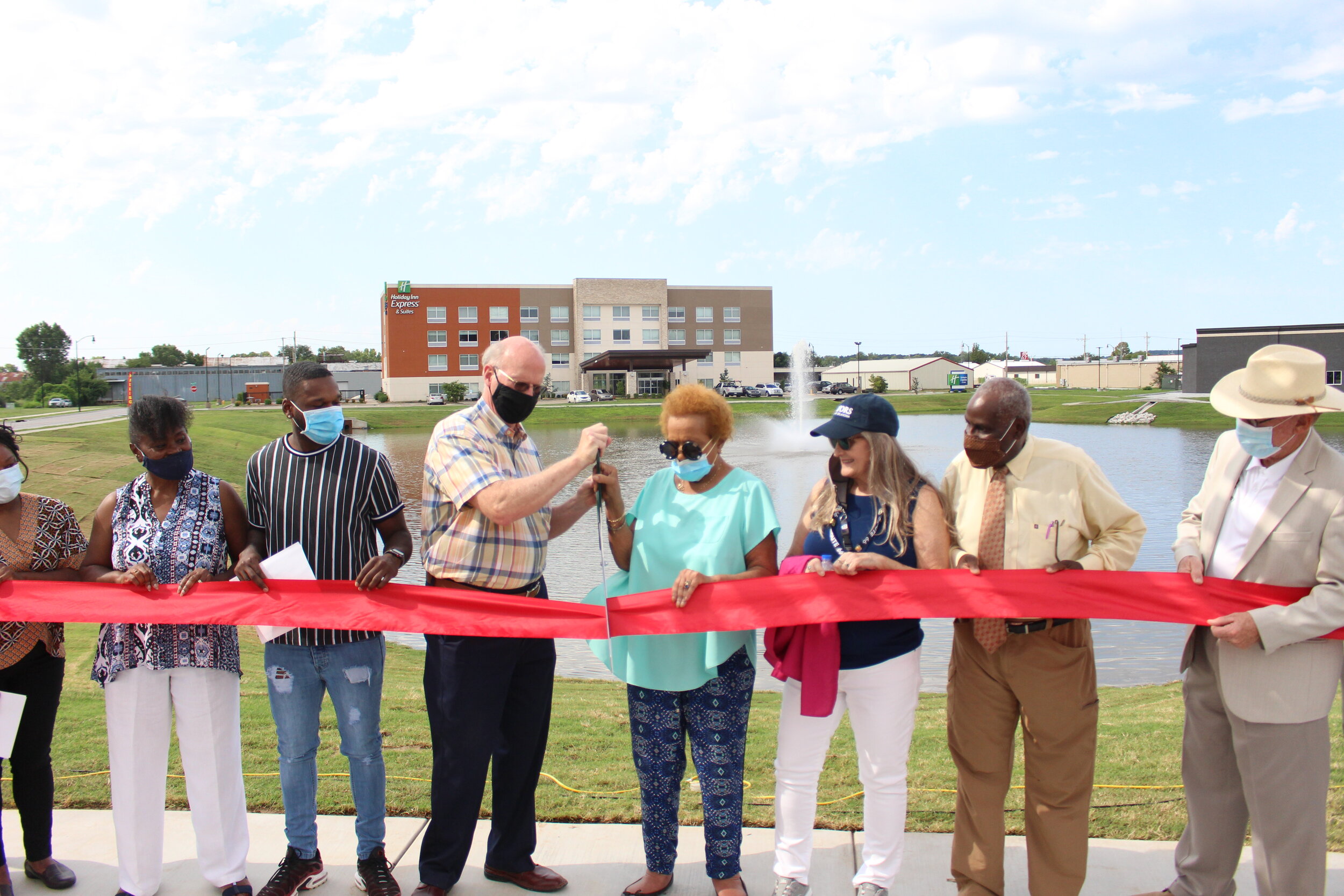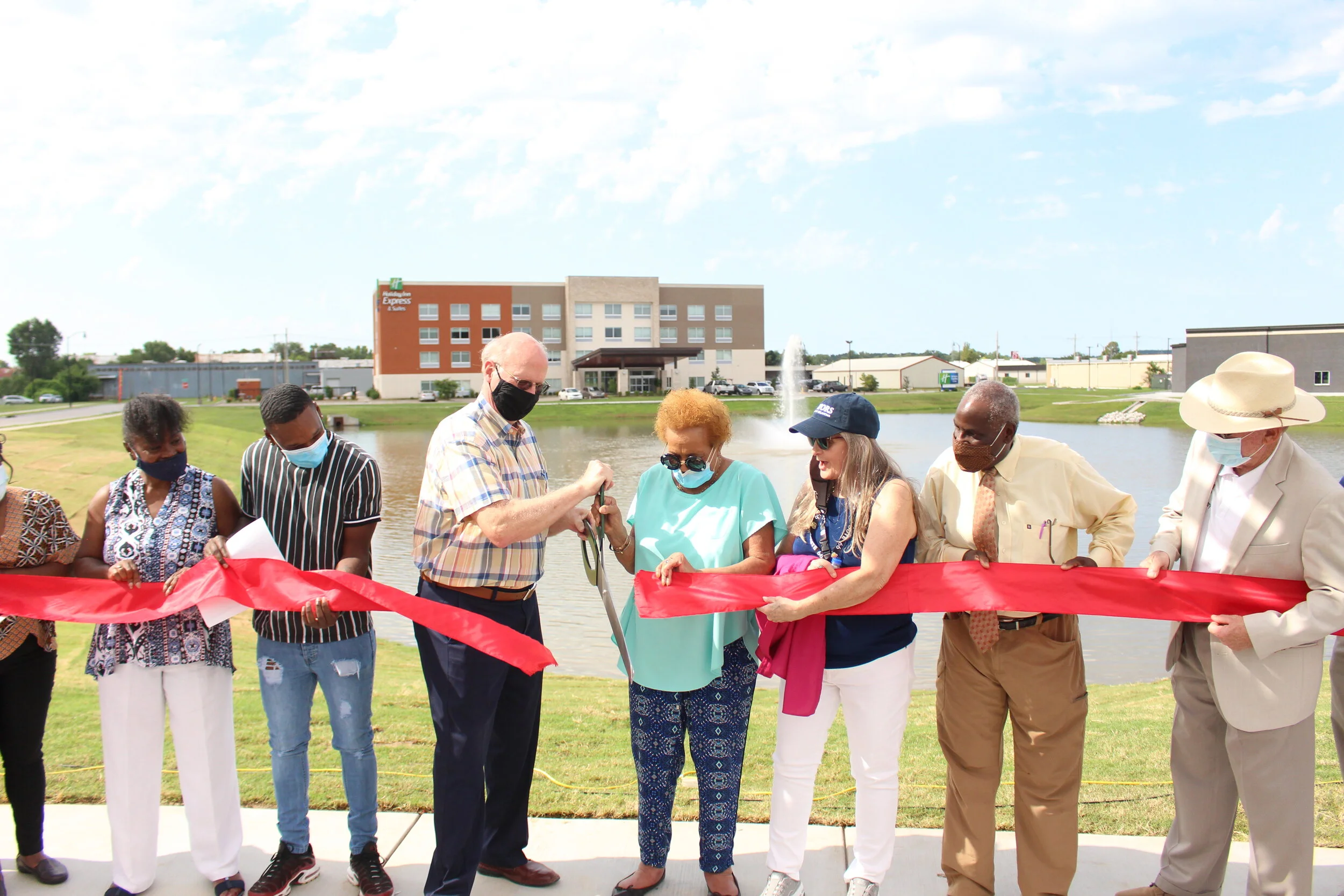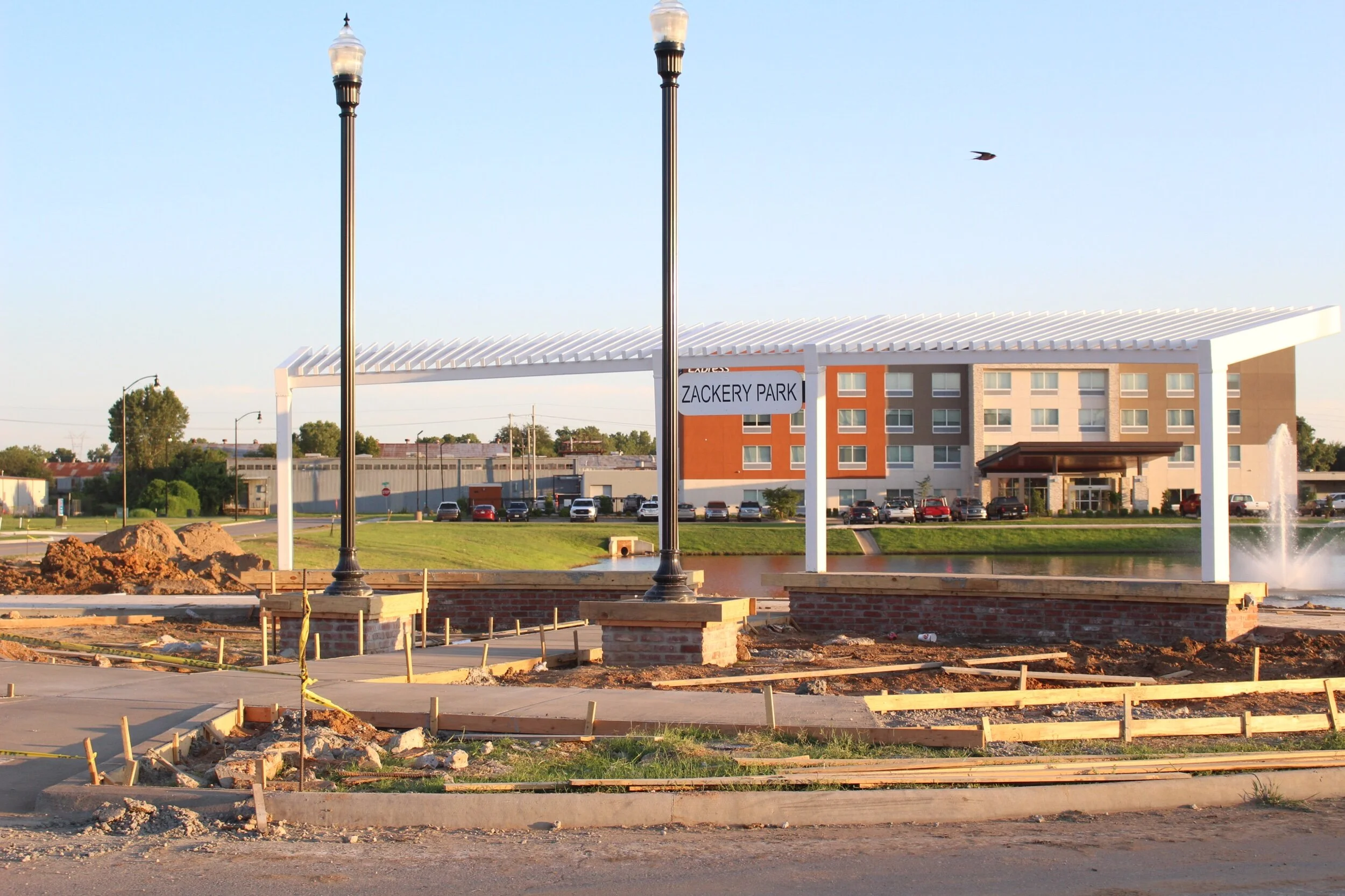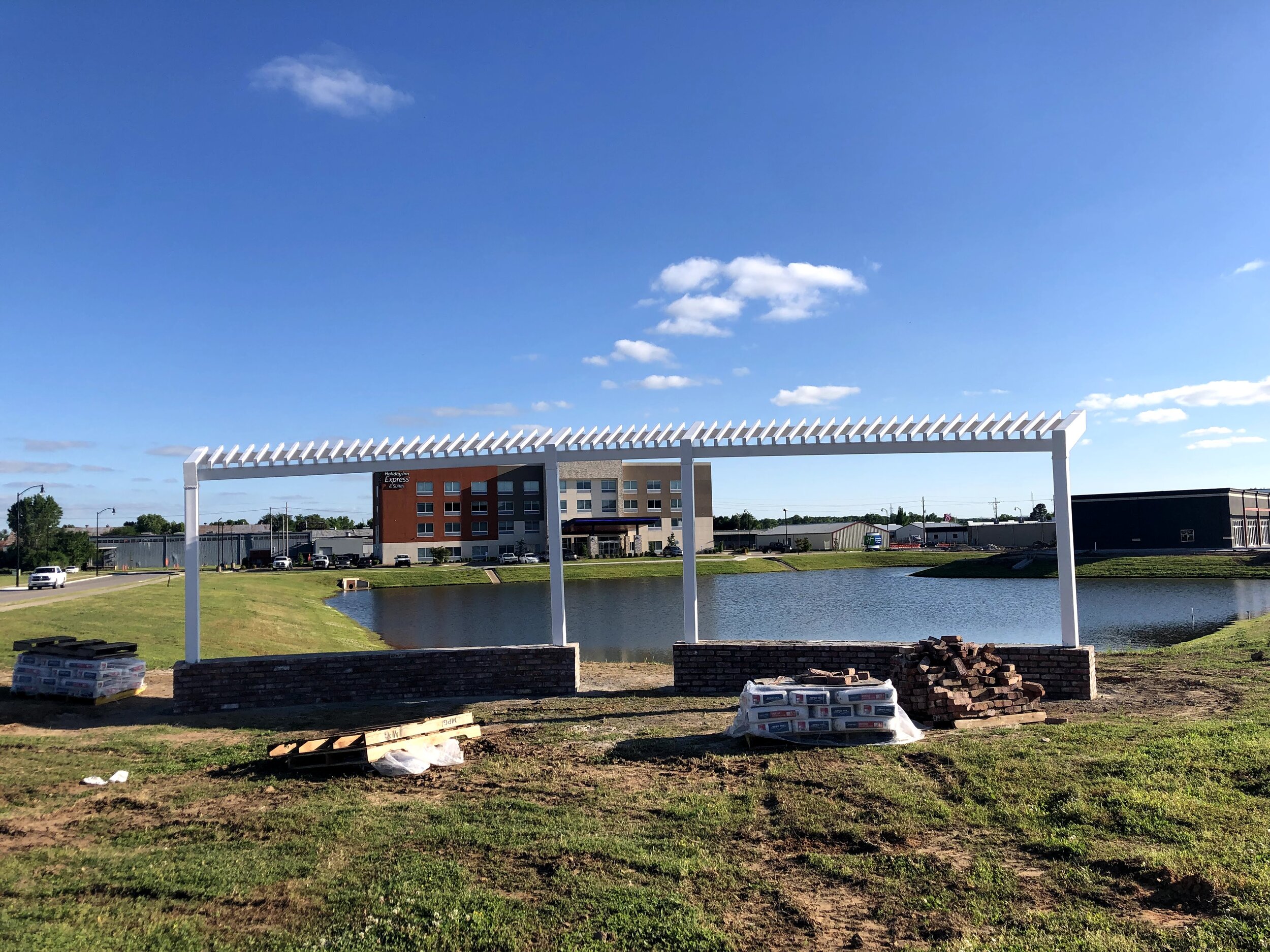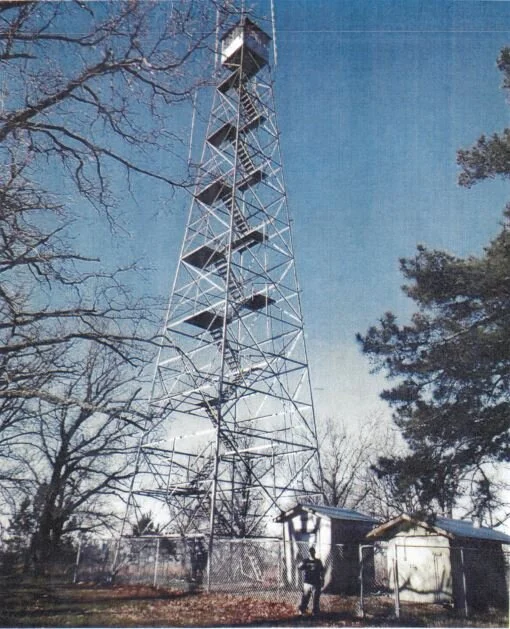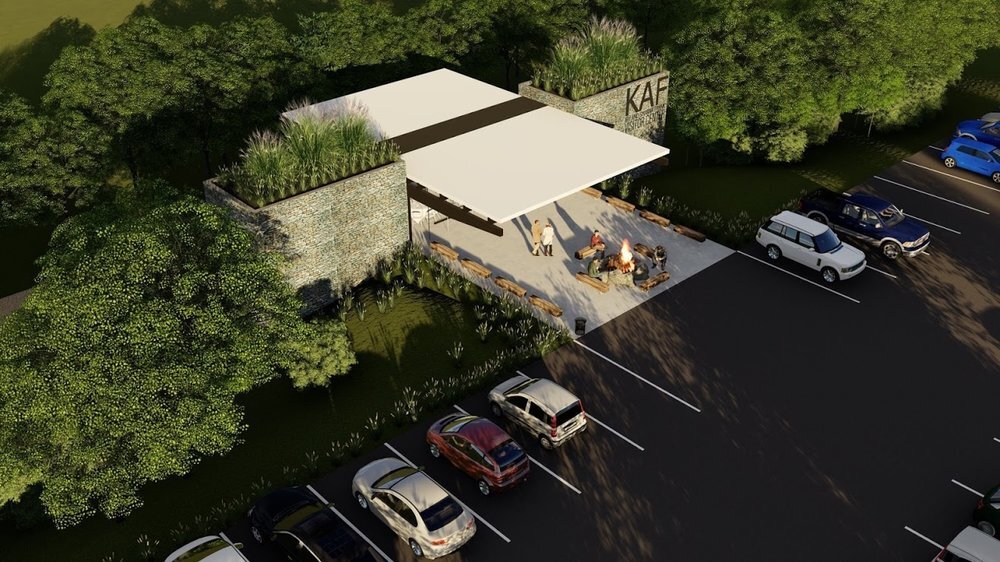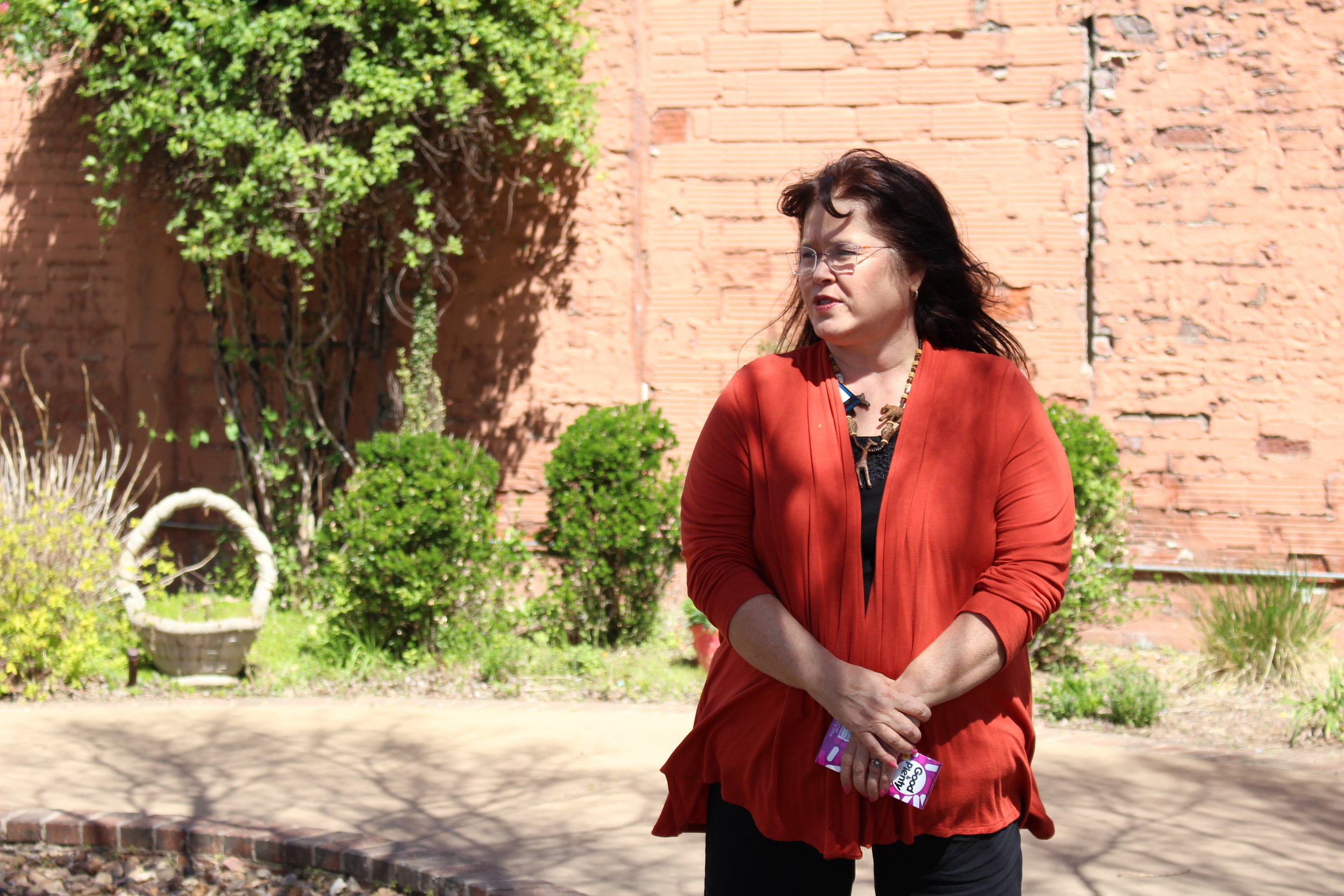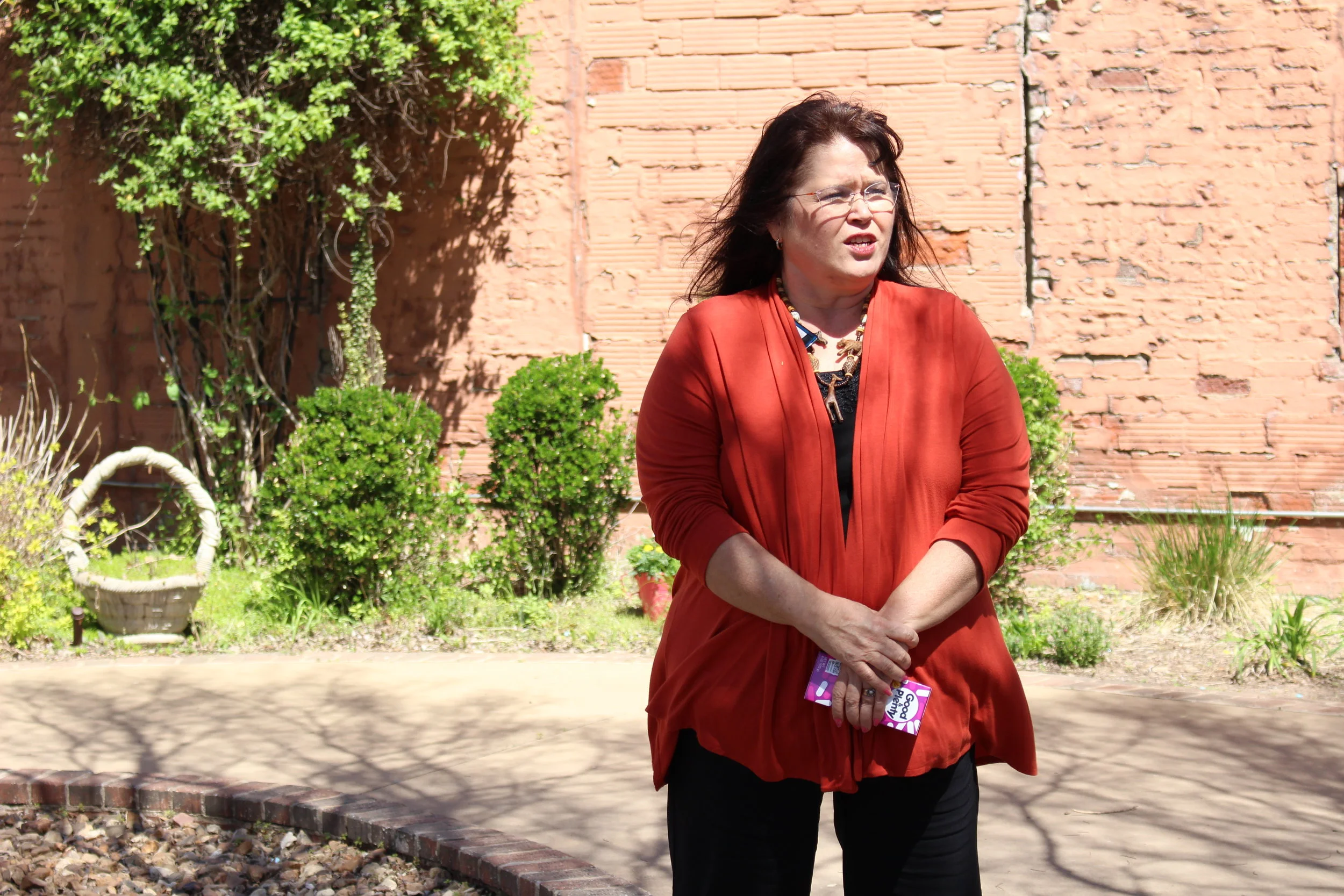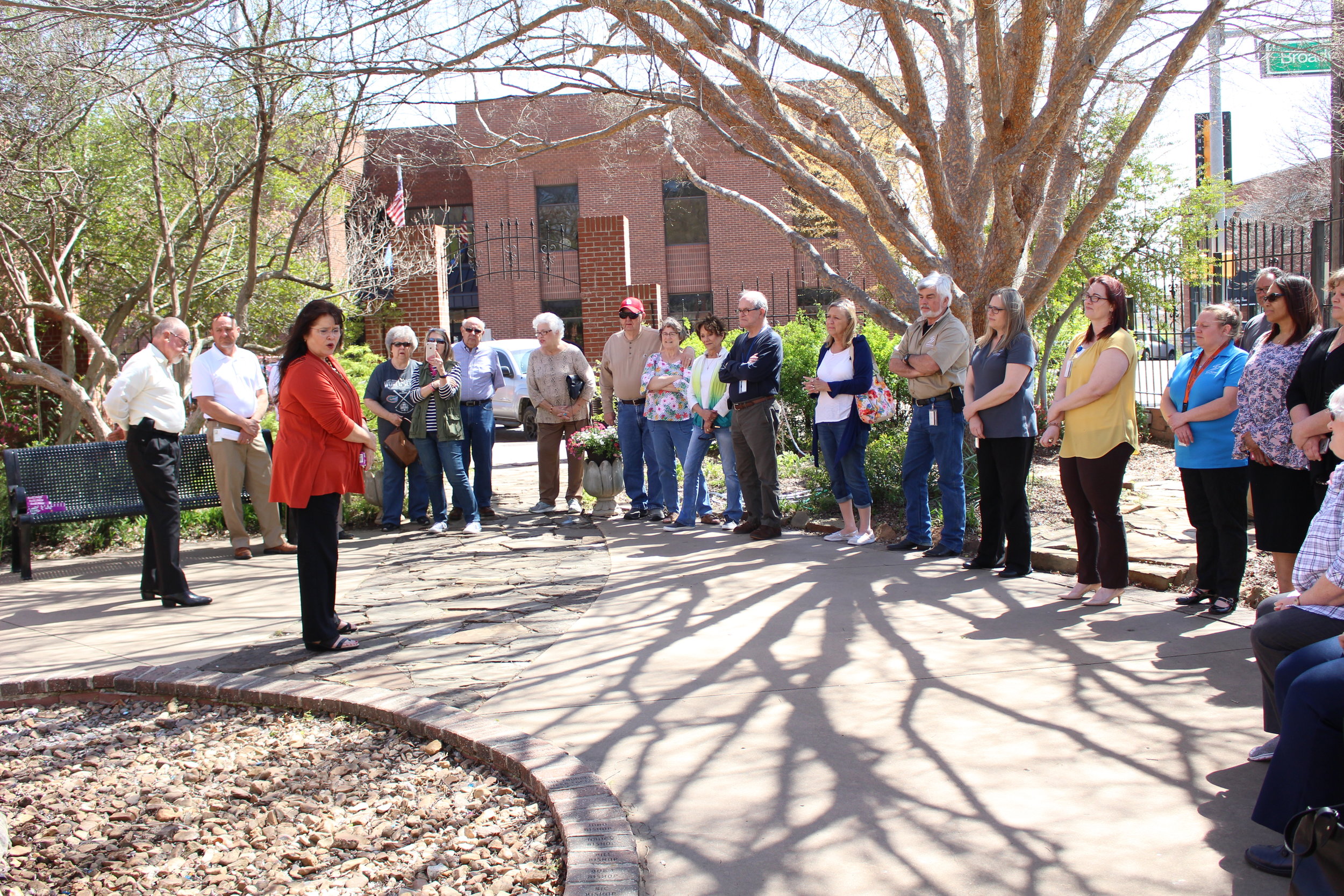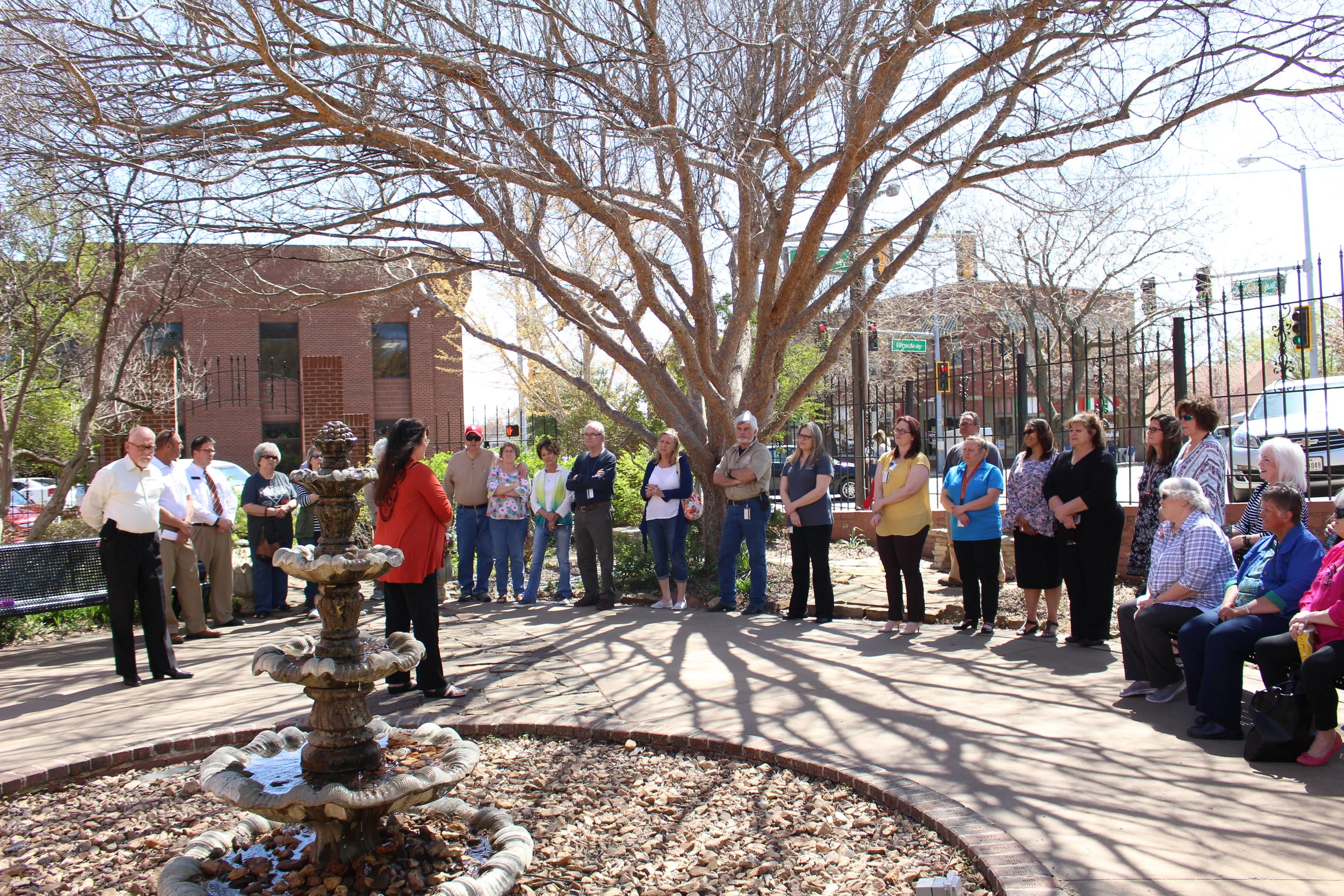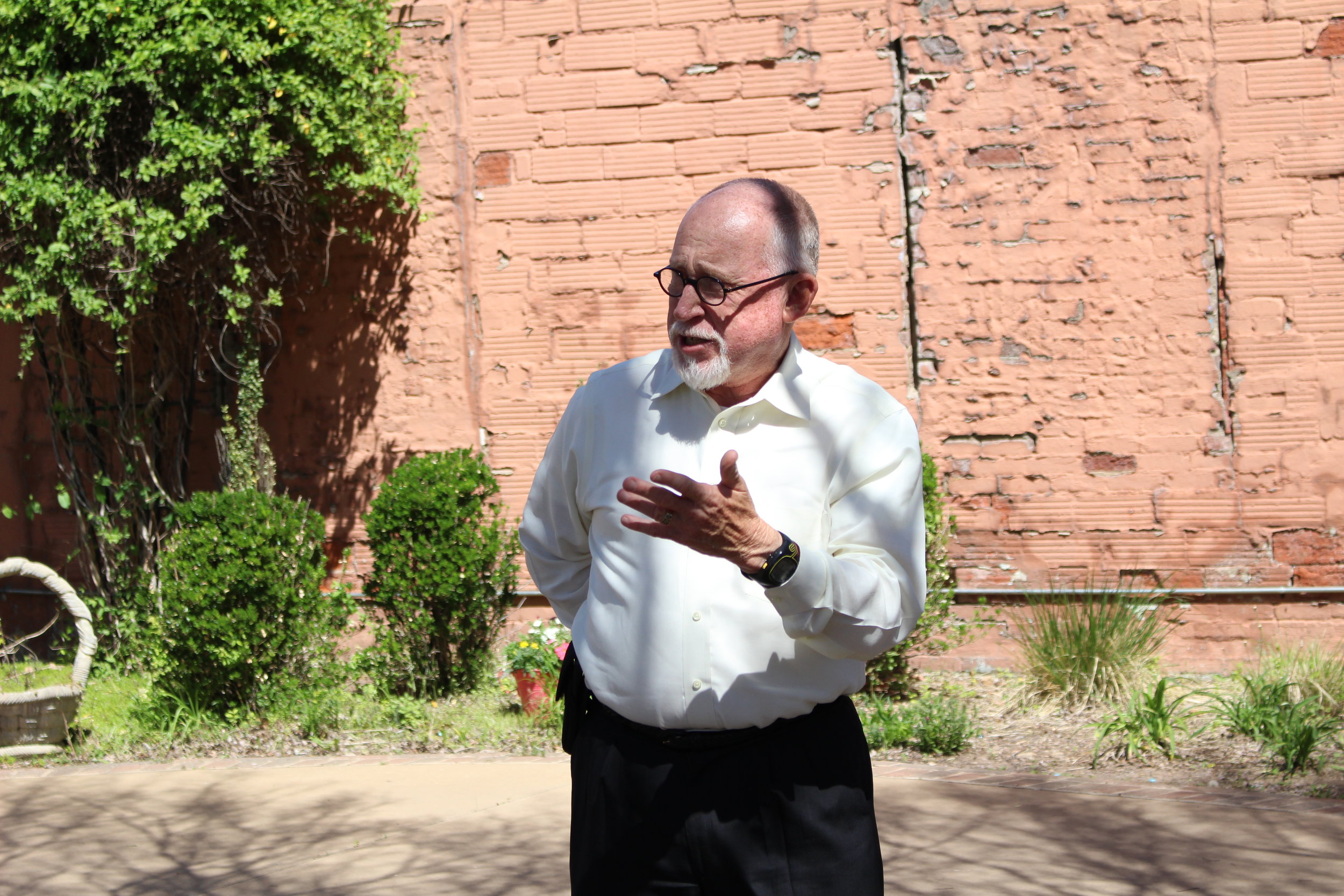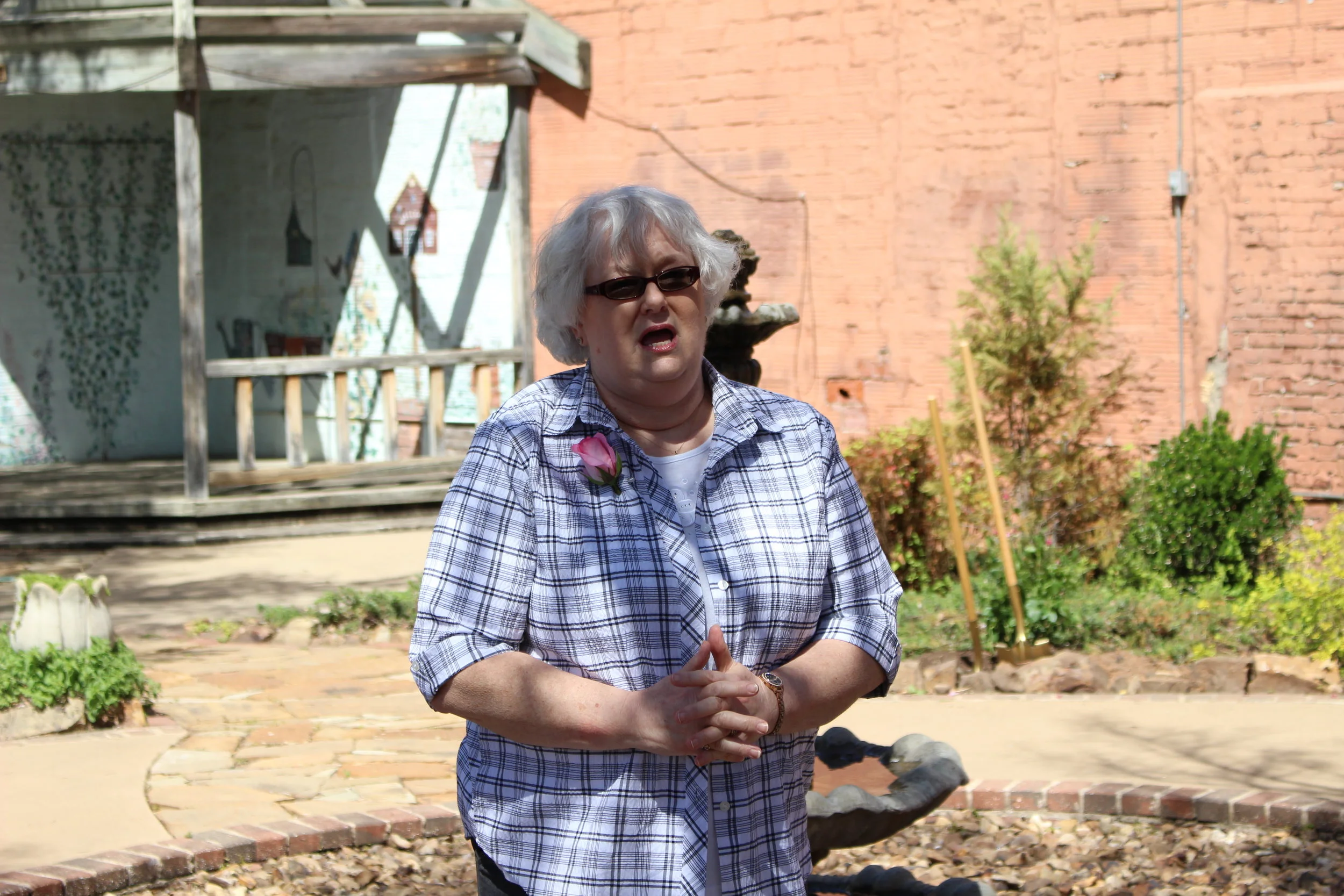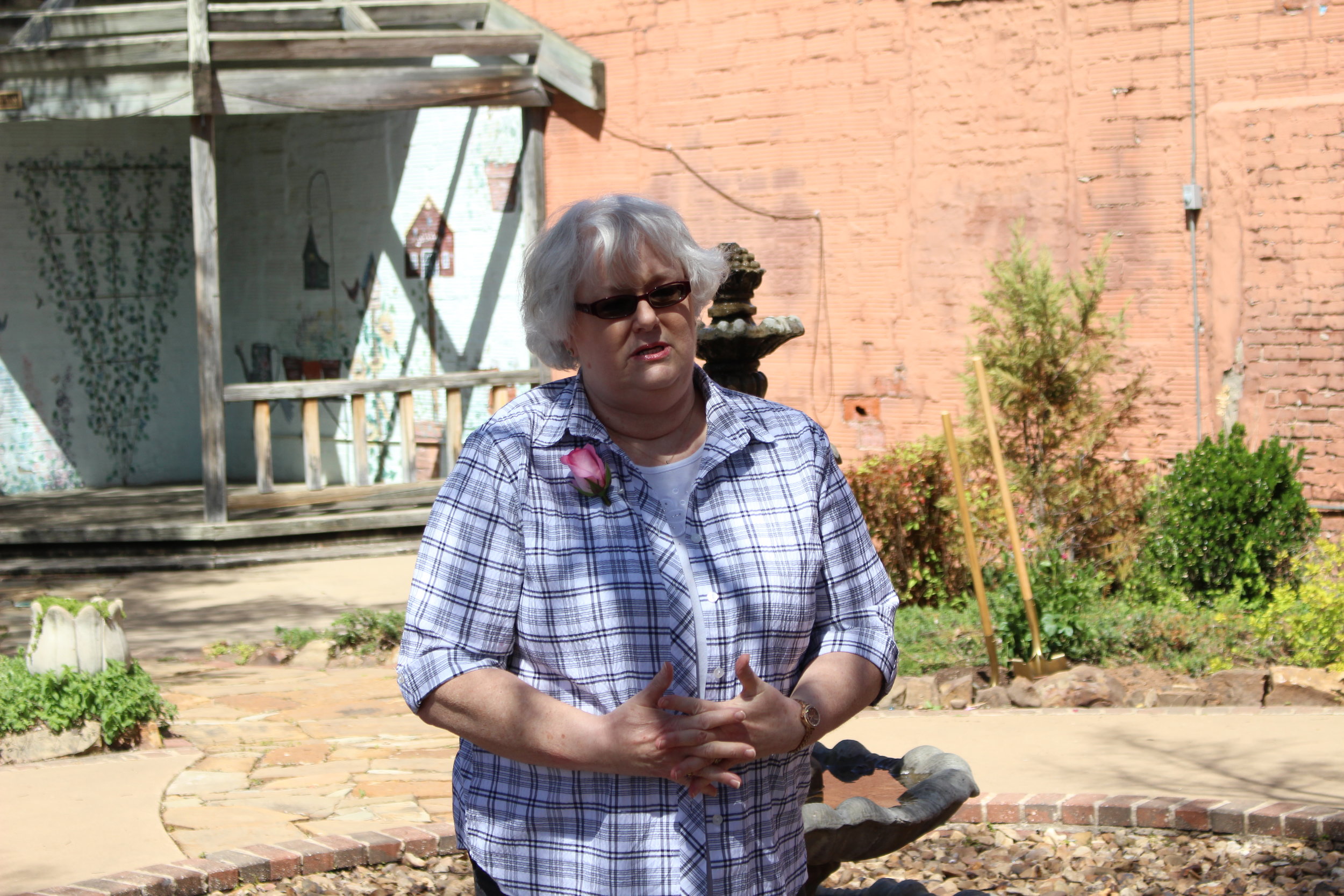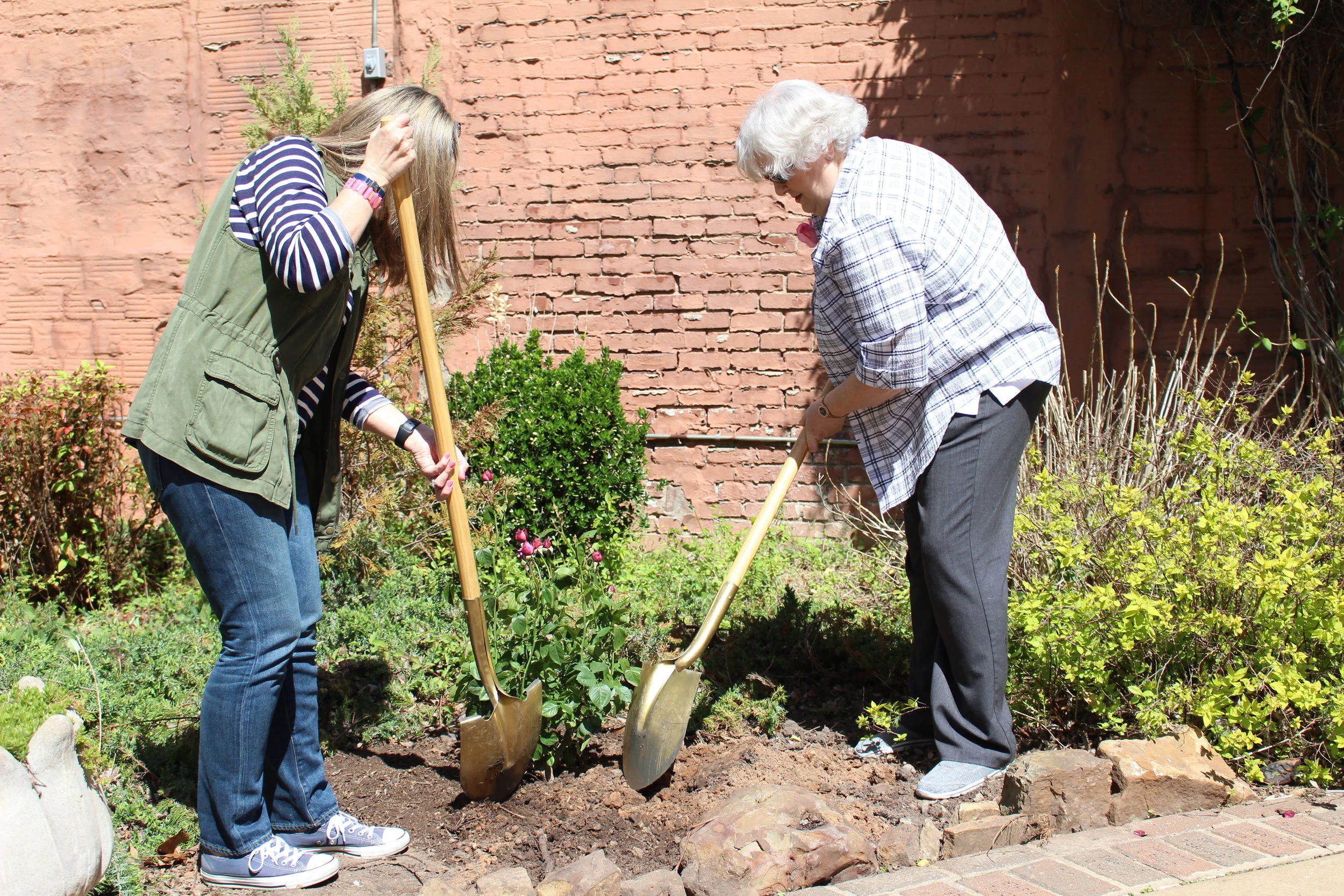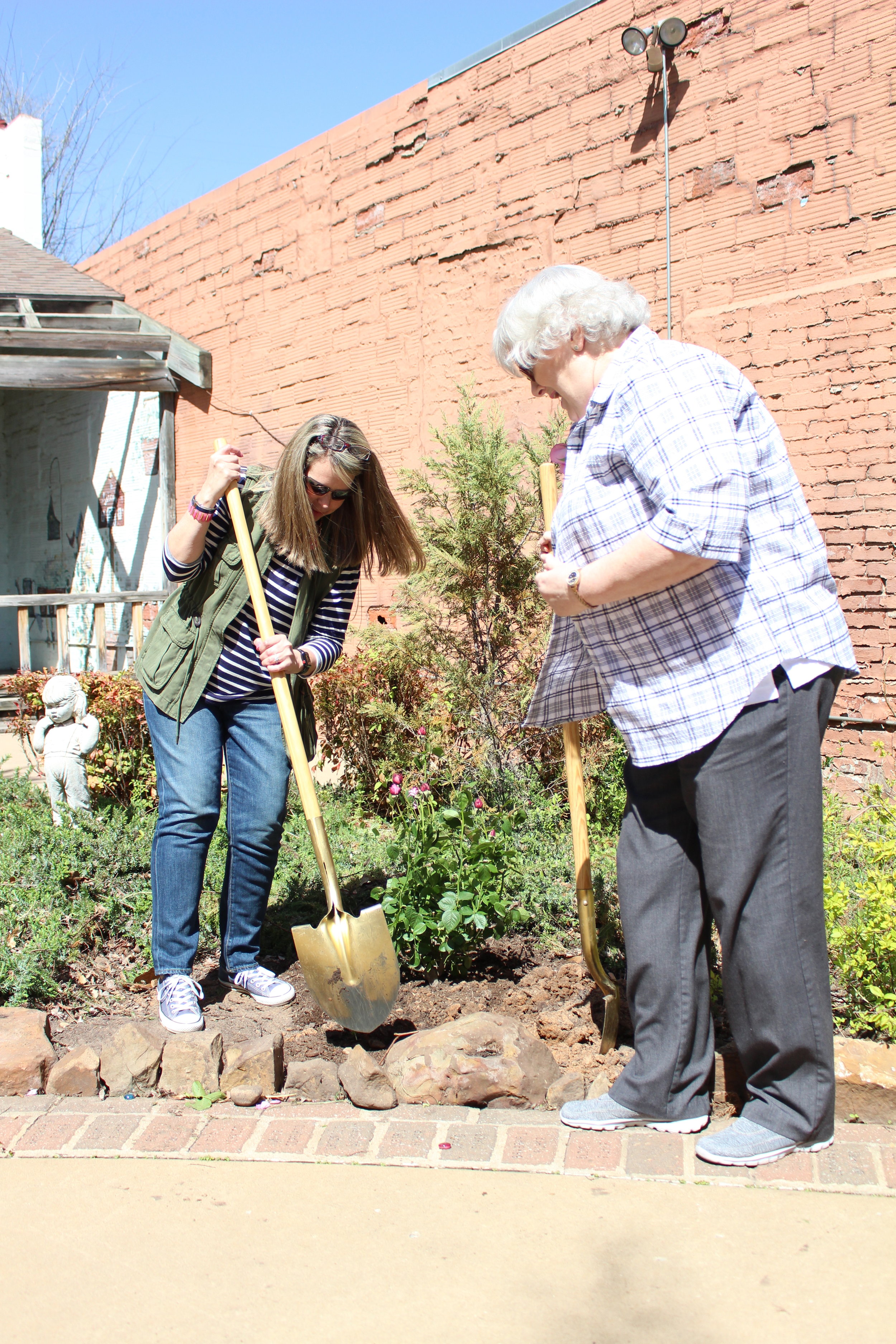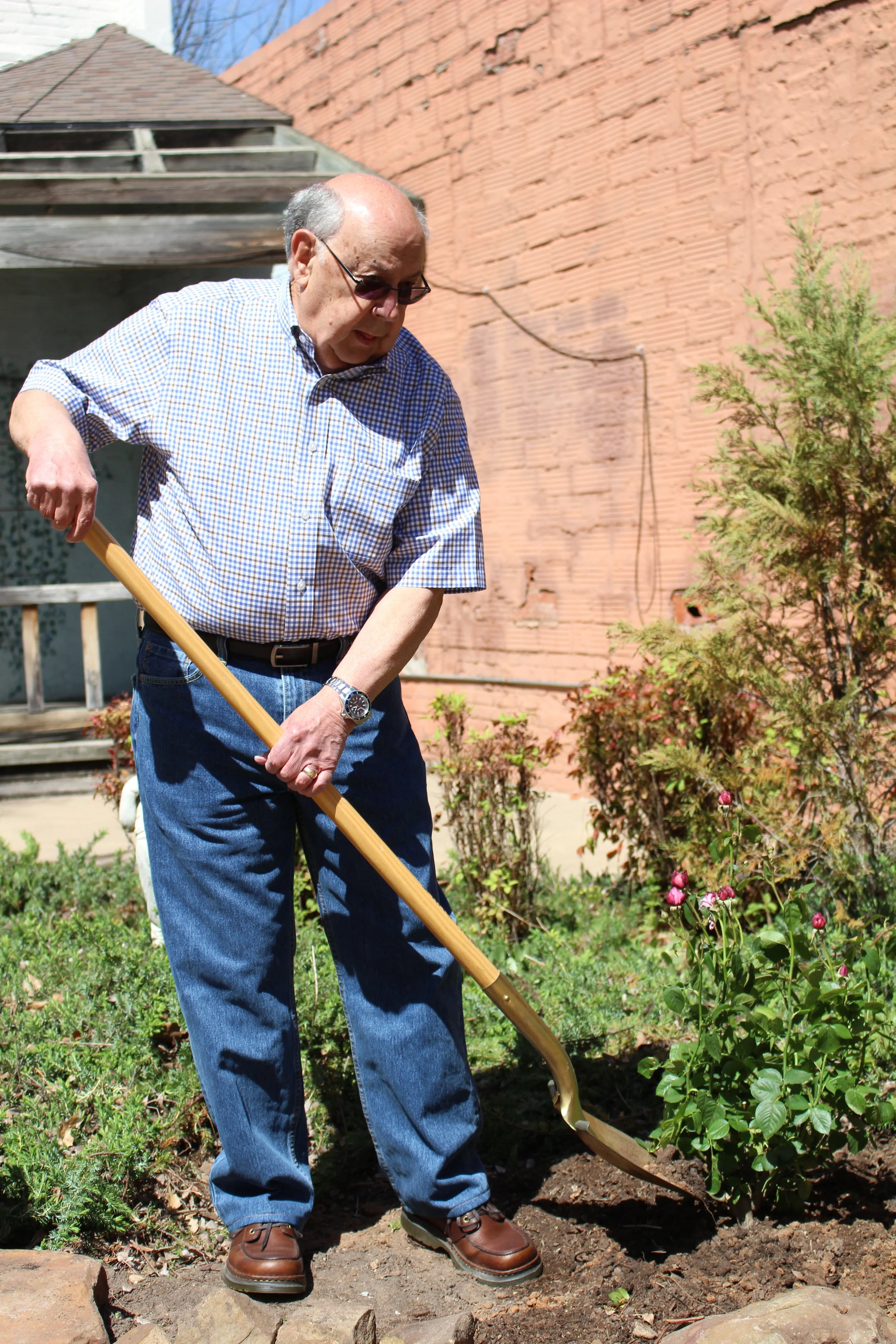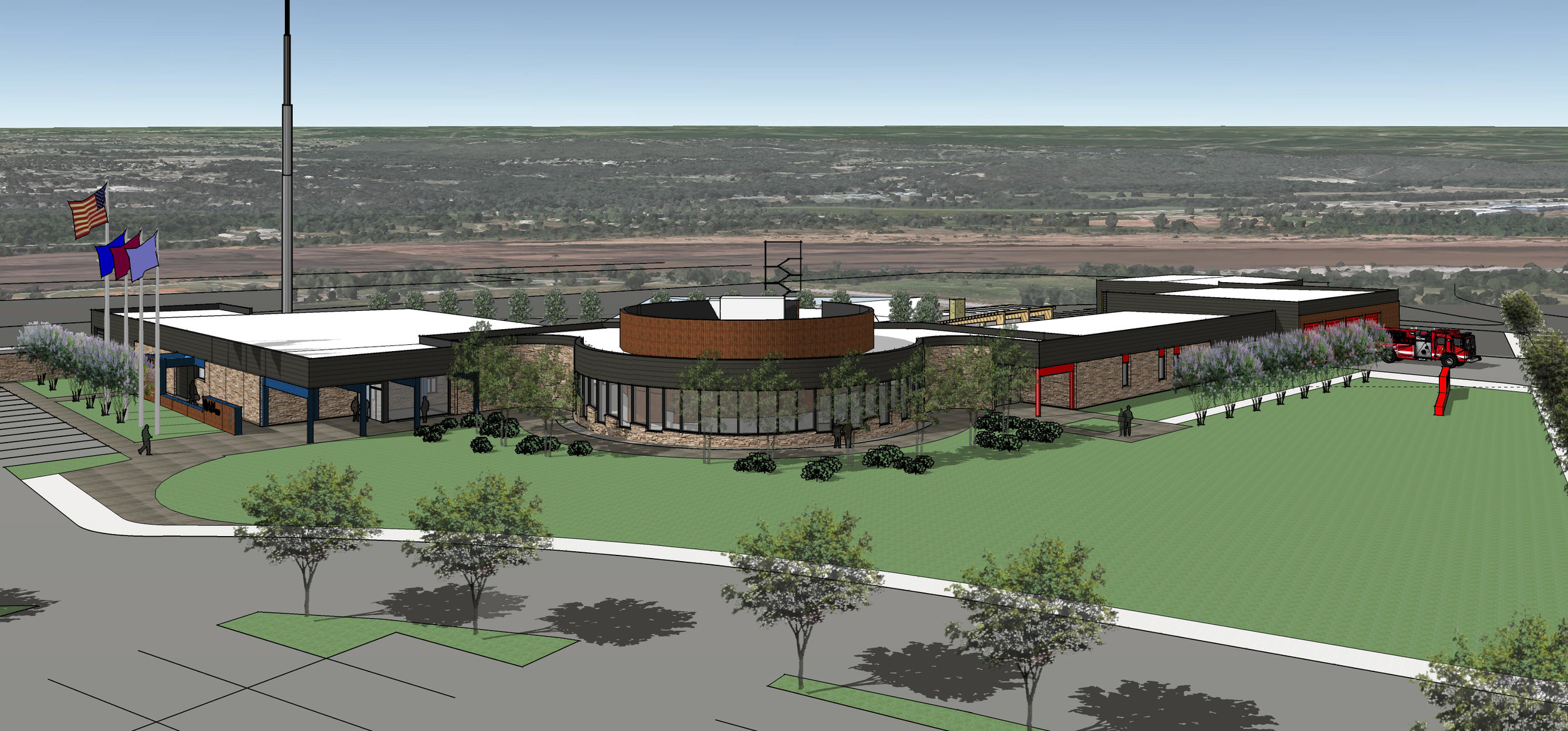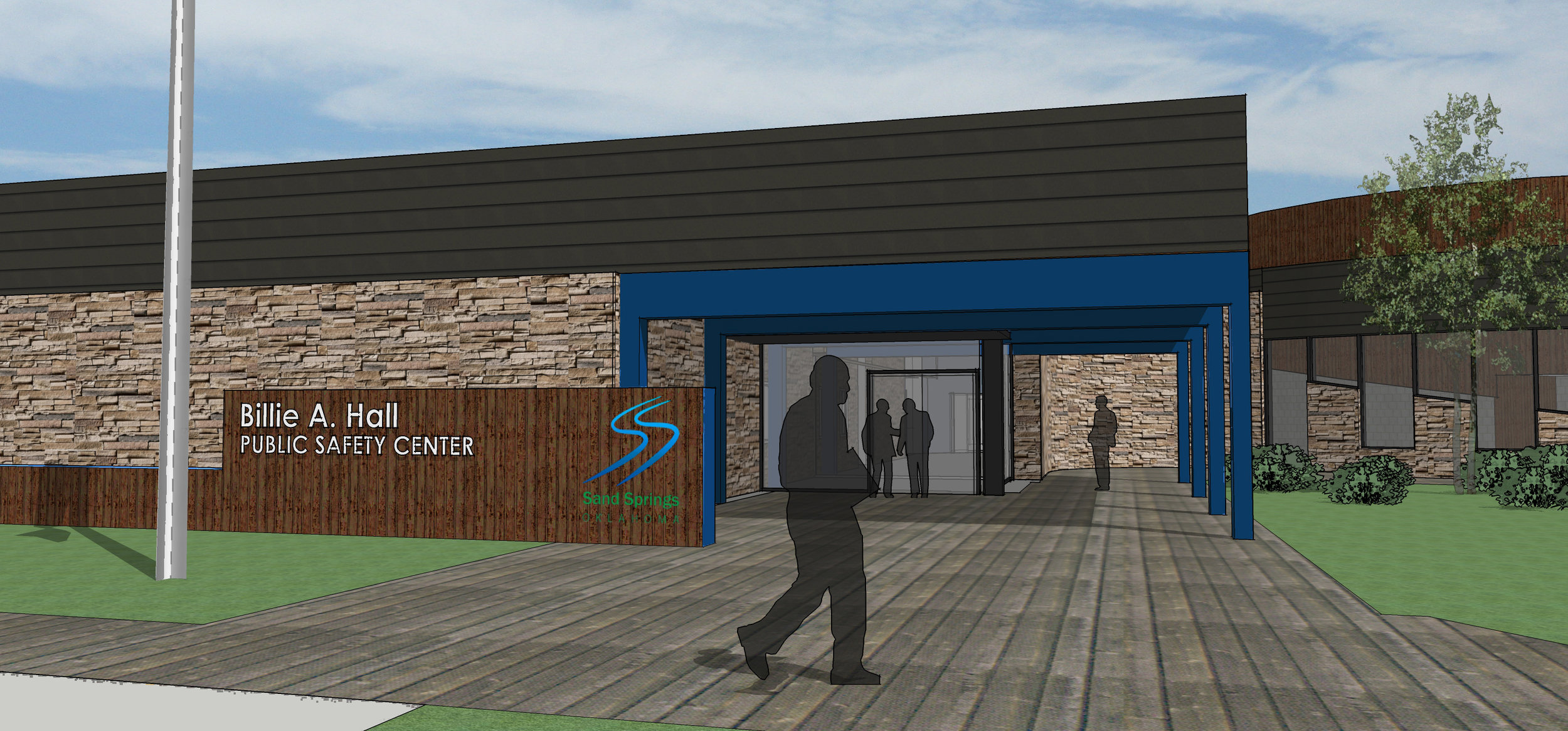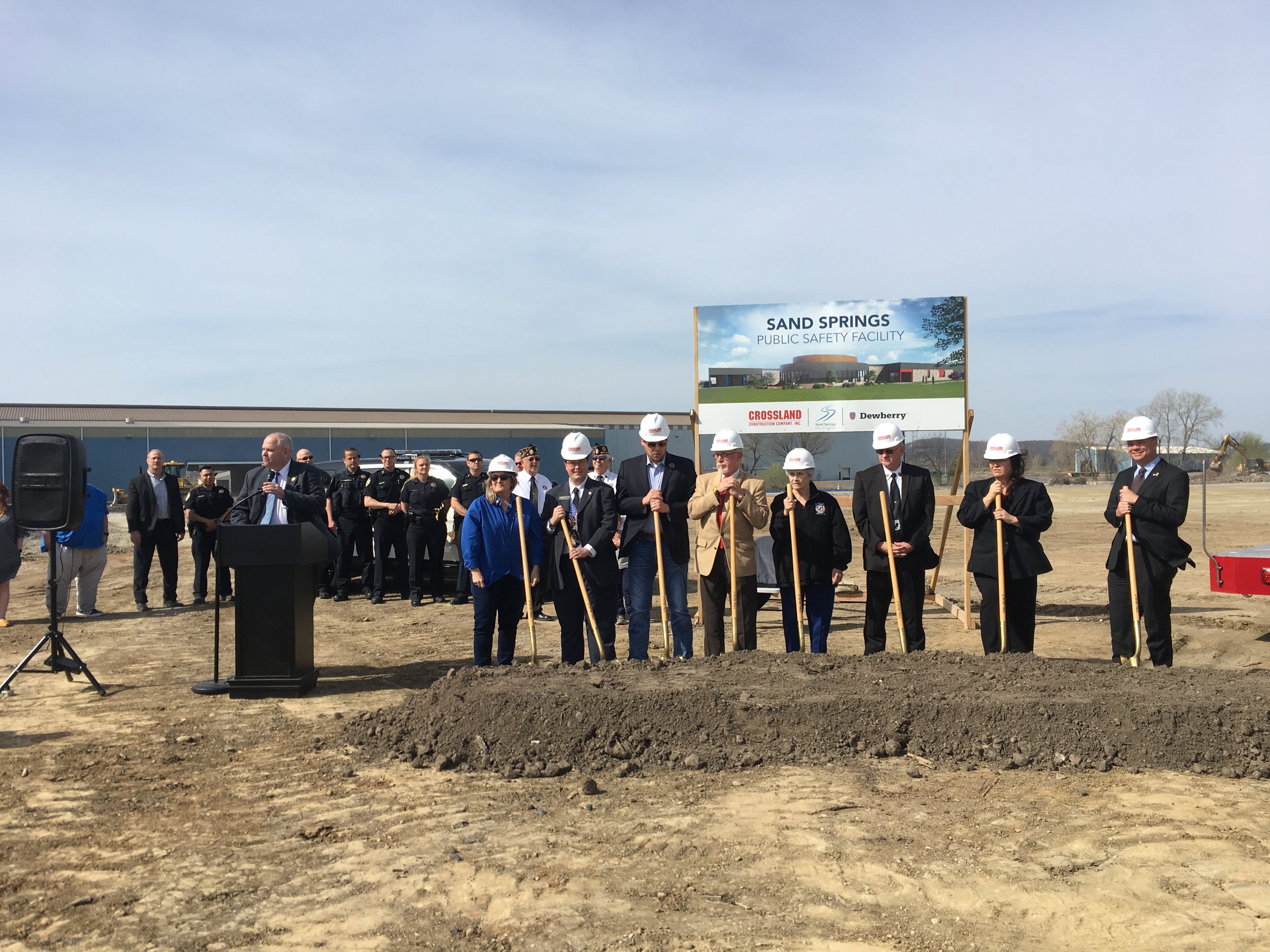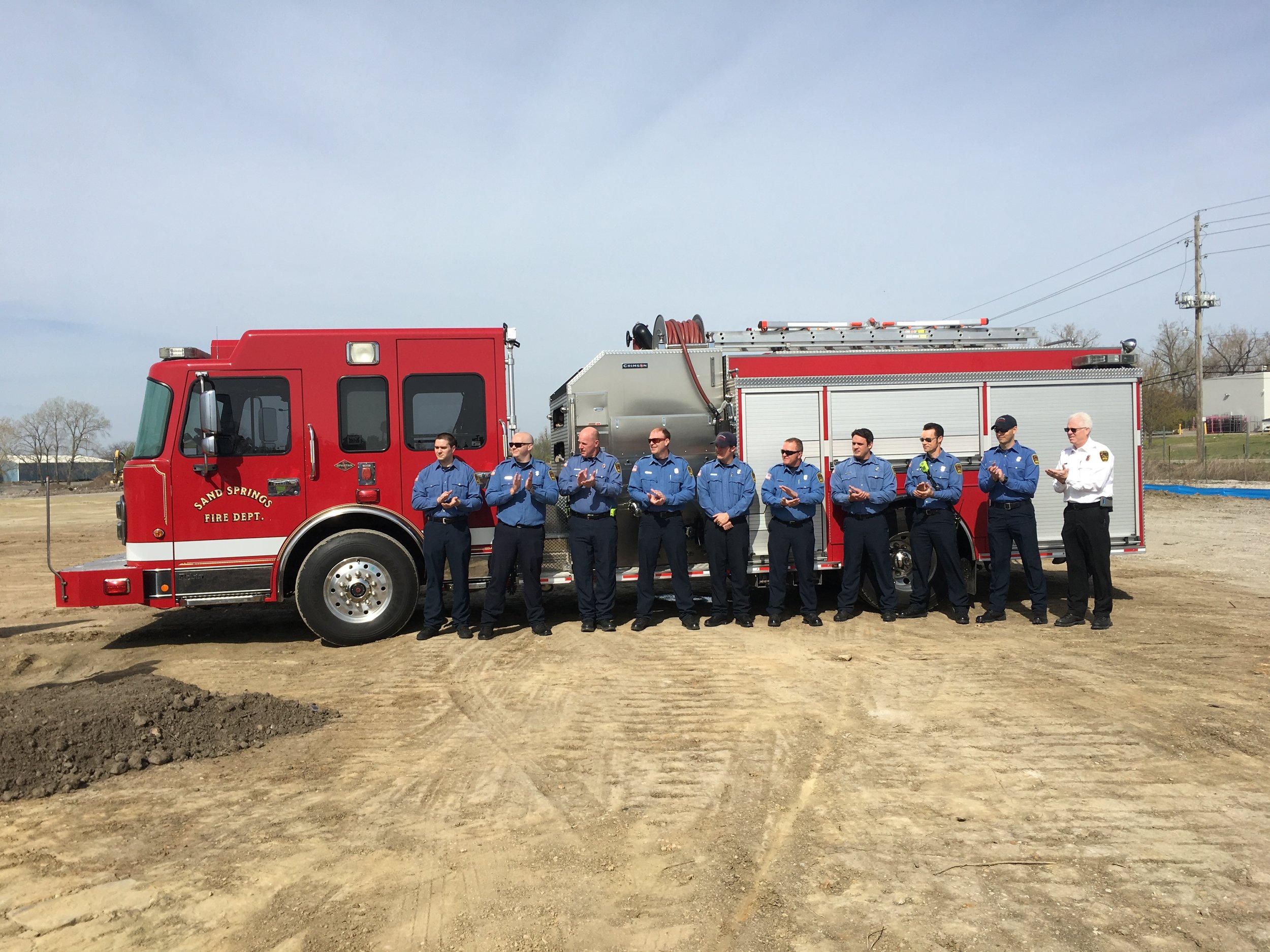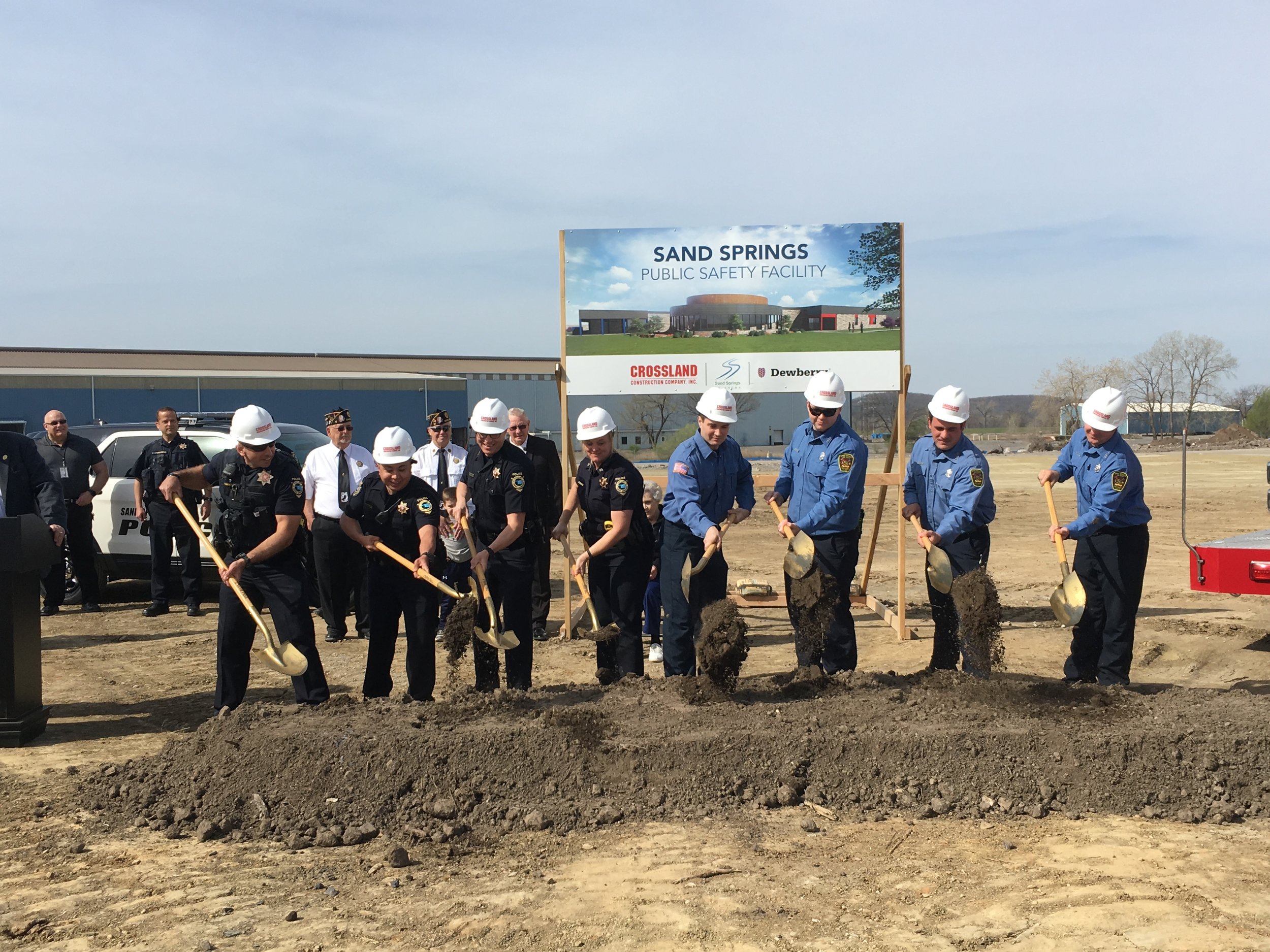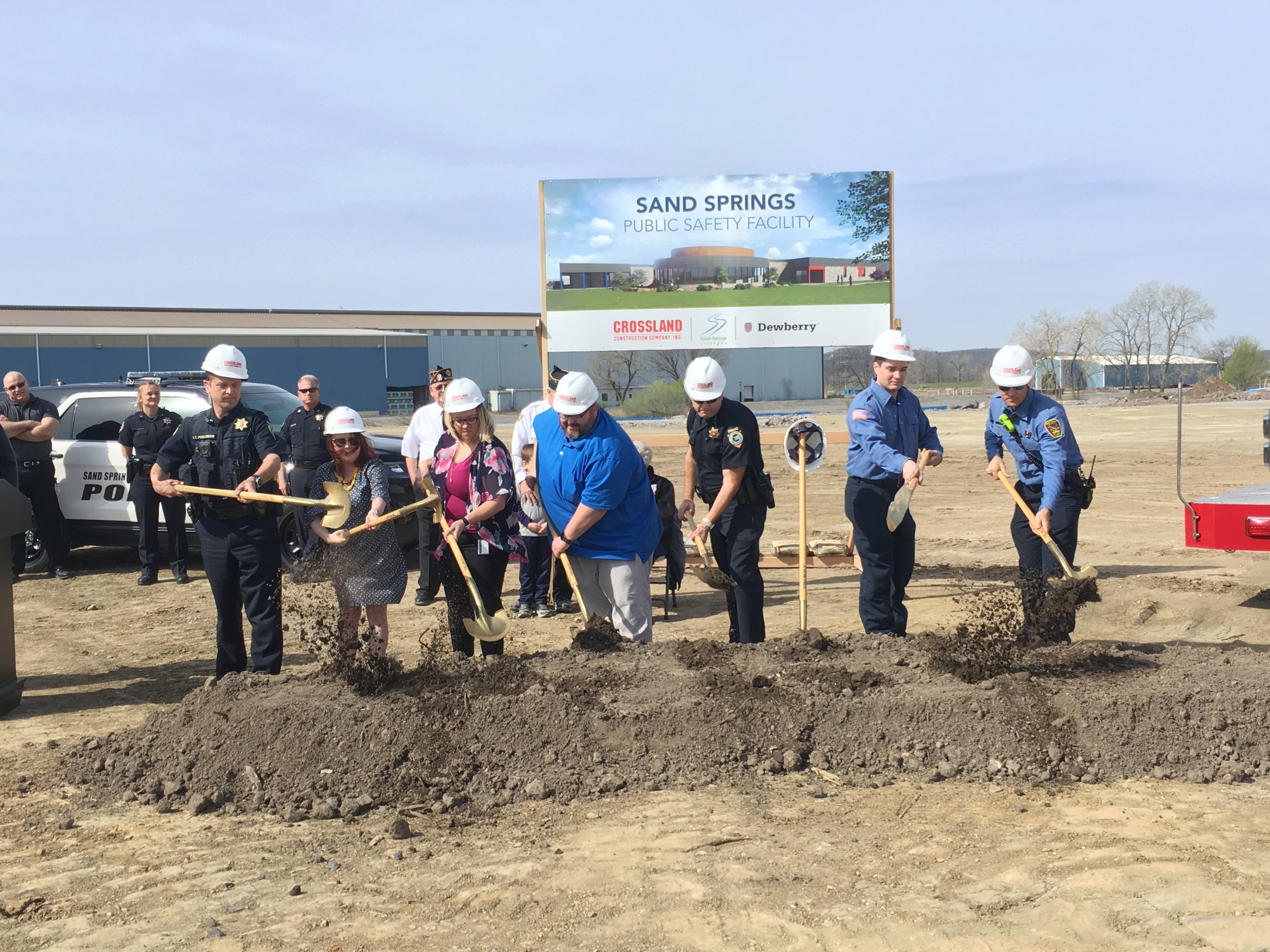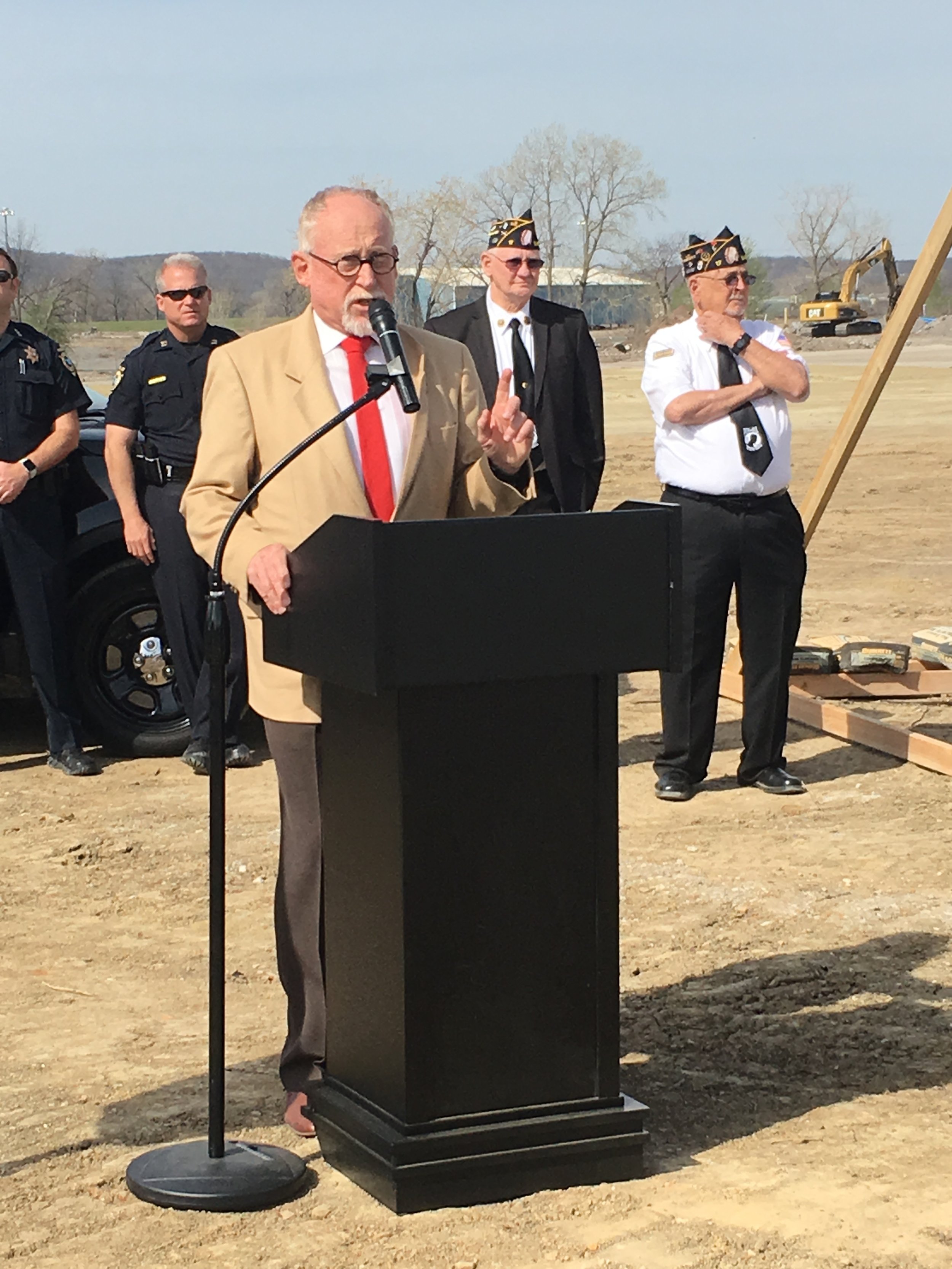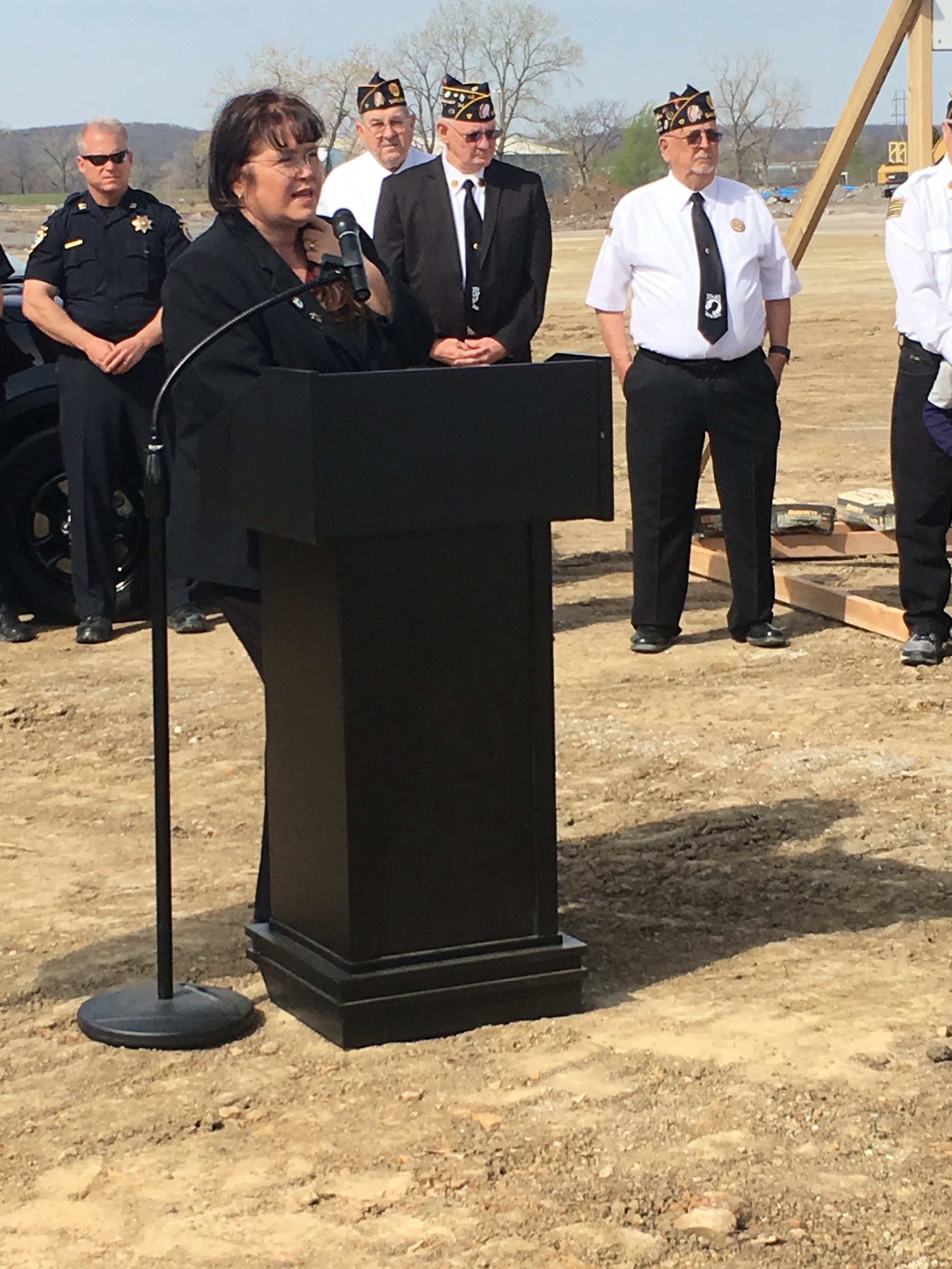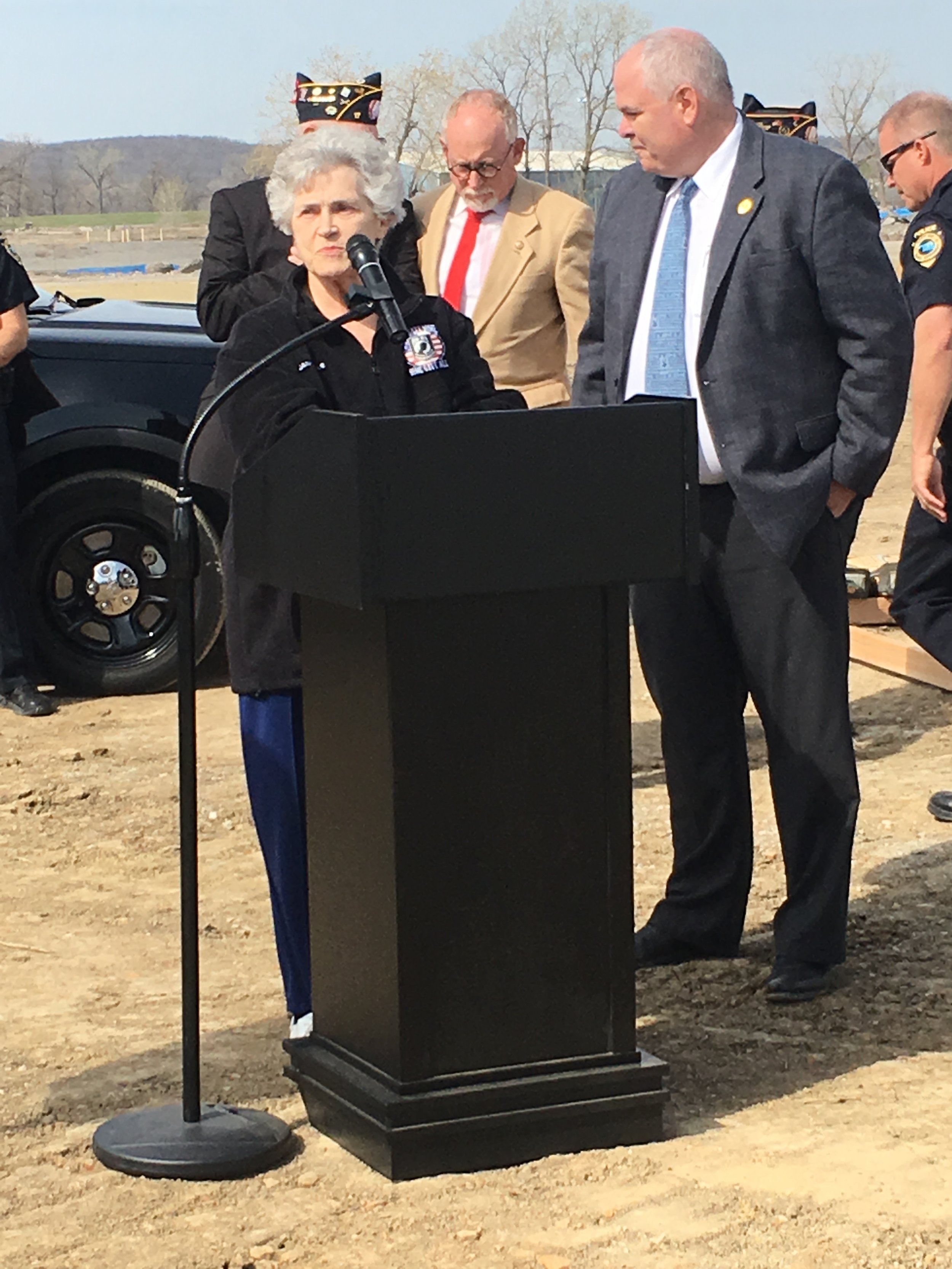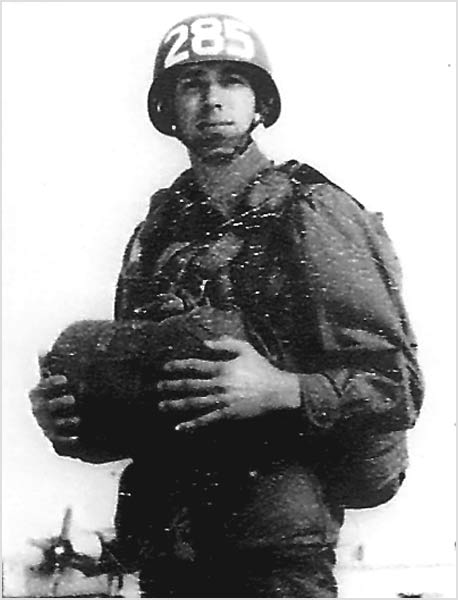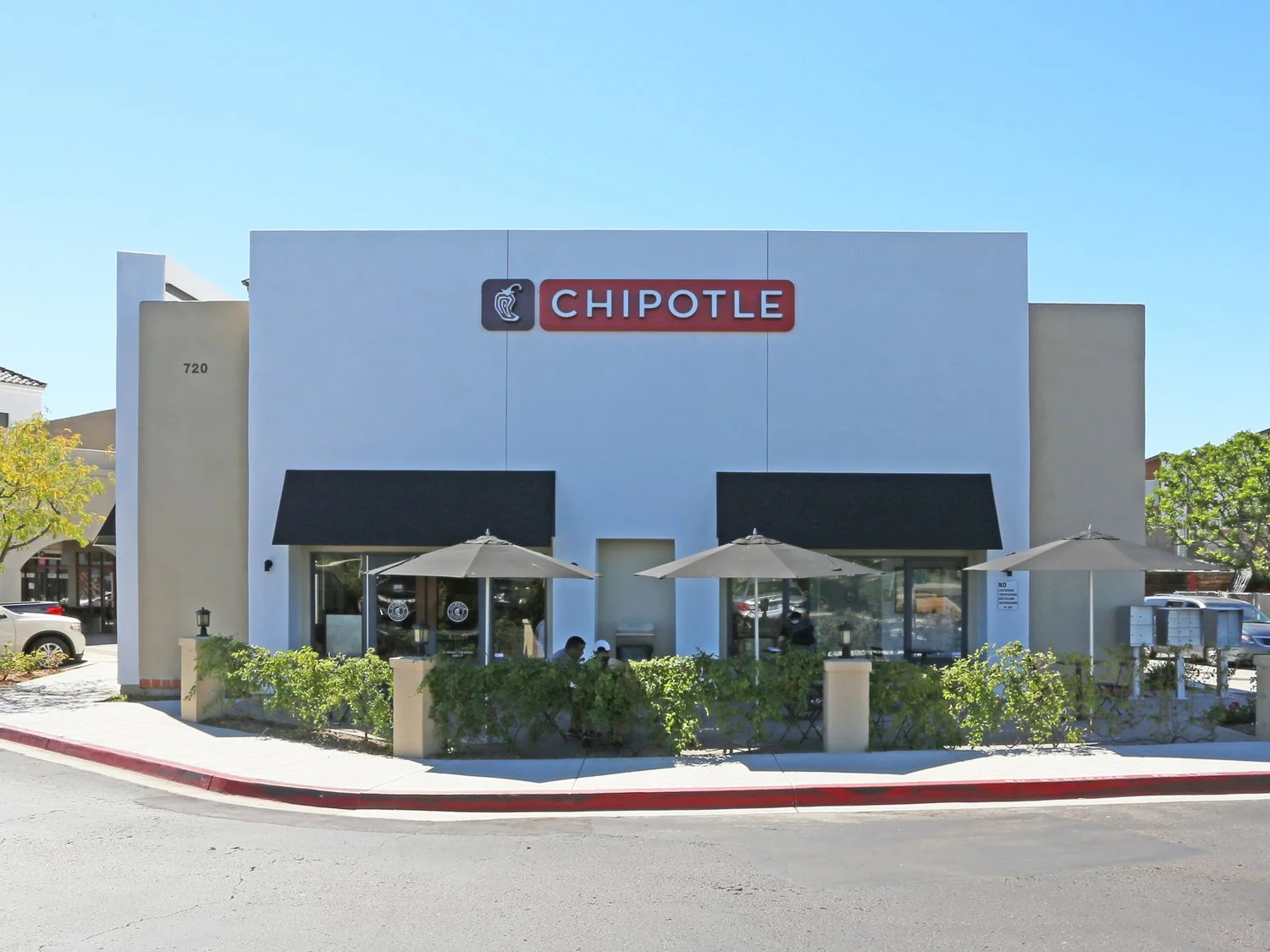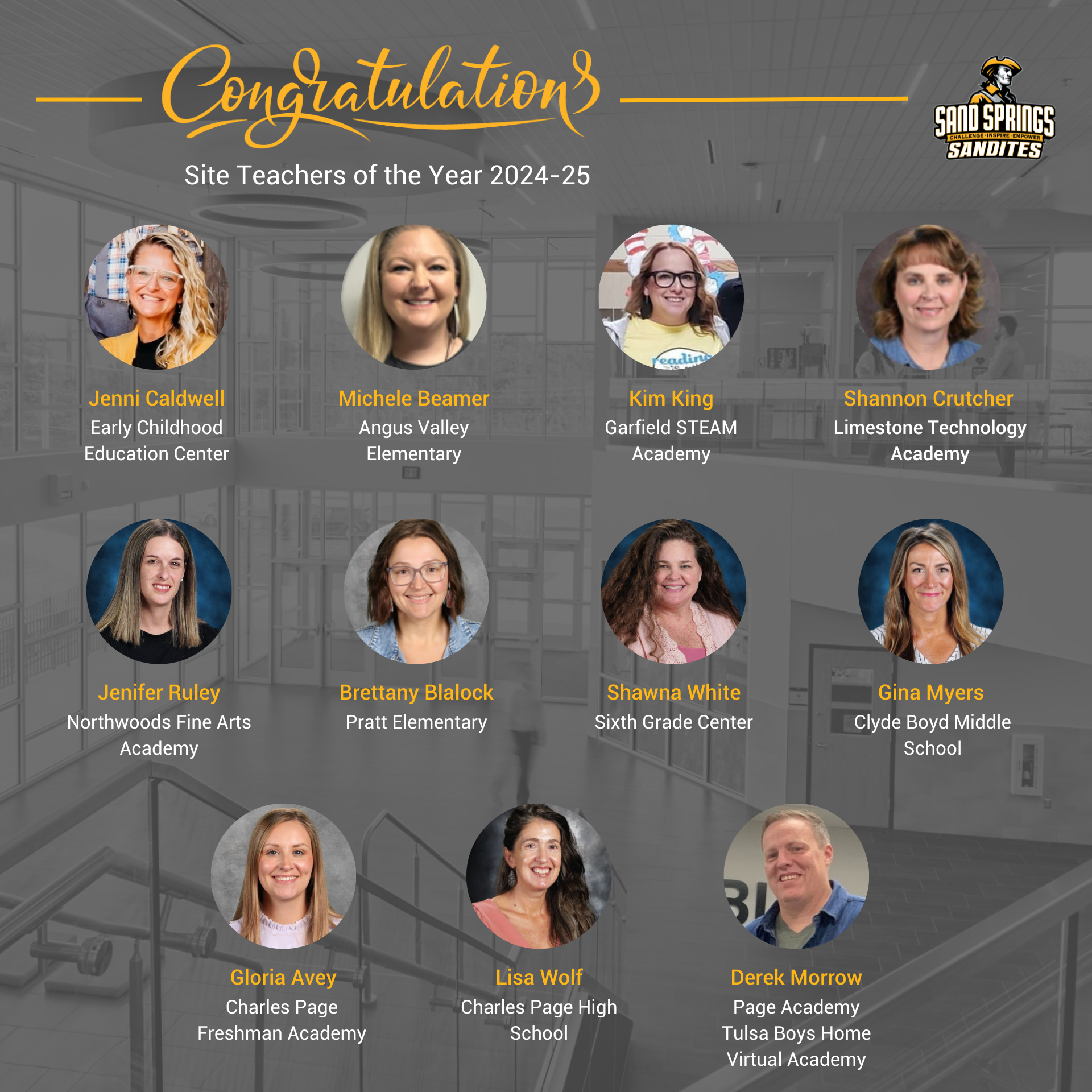Sand Springs cuts ribbon on Zackery Park, Mayor Spoon proclaims Bessie Crawford Zackery Day
/The City of Sand Springs held a grand opening and ribbon cutting ceremony at its newest park Thursday morning. City employees, elected officials, and family and friends of Bessie Crawford Zackery gathered to celebrate the commemorative park. Mayor Jim Spoon proclaimed August 13th as Bessie Crawford Zackery Day in honor of the late Sand Springs teacher.
Located at 100 West Alexander Boulevard, Zackery Park will serve as a reminder of the historic black neighborhood that once stood in what is now the River West shopping district. The small park is named for the Zackery family who lived in the area when it was still residential, and in particular for Bessie Crawford Zackery, who was a teacher in Sand Springs.
Bessie Zackery was class valedictorian at the Sand Springs Booker T. Washington High School in 1934, and went on to earn a bachelor’s degree from Langston University. She returned to Sand Springs and taught Art and Elementary Education at Booker T. Washington. Zackery reportedly spent summers at Colorado State Teachers College, Oklahoma State University, and the University of Tulsa taking graduate courses to keep Washington on the cutting edge. Zackery earned a Master’s of Teaching Arts from TU in 1959.
After 28 years at Washington, Zackery transferred to Limestone Elementary for the remainder of her career. She was named the Sand Springs Education Association 1978 Teacher of the Year, the Booker T. Washington Alumni Association 1981 Outstanding Alumnus, and the 1996 Sand Springs Hometown Hero. The Sand Springs Retired Educators Association and Oklahoma Retired Educators Association named her a Very Important Member, and in 1999 she was awarded the Ageless Hero Award by Blue Cross and Blue Shield of Oklahoma.
Zackery Park is located at the southwest corner of the intersection of Alexander Boulevard and Booker T. Washington Avenue. The pedestrian sidewalk within the area has been named “Rambler Way” in honor of the Washington High School mascot.
There is a large detention pond adjacent to the park, and staff recently installed a fountain in the middle. A steel trellis was installed, along with a seat wall made from brick pavers that were salvaged from the old Booker T. Washington High School. There is also a concrete plaza and decorative plants, and informational signage will soon be installed.
The River West area is part of a revitalization effort by the City and was formerly one of the oldest and poorest residential neighborhoods in Sand Springs. The primarily African American district was demolished in the late 2000s, with the former Booker T. Washington High School coming down in 2010. Centennial Baptist Church is the last remnant of the historic community.
Since then, the district has added a new hotel, a minor emergency clinic, a TTCU branch, restaurants, a pharmacy, a grocery store, and a Starbucks. There is also a small strip center being constructed, and only a few plots of land are still available.
The community has already been memorialized in the naming of its two arterial streets. Booker T. Washington Avenue was named for the high school, while Alexander Boulevard was named for Albert Alexander. Alexander reportedly immigrated to Sand Springs following the 1921 massacre of black citizens in Tulsa. His obituary reads that Alexander was “the unofficial mayor of the black section of segregated Sand Springs because of the respect that both sides of the railroad tracks had for him.”
The Sand Springs Parks Department has several other projects underway around the city. The disc golf course in Case Community Park is getting a redesign by 2009 PDGA World Champion Avery Jenkins. The Canyons at Blackjack Ridge golf course is getting a major clubhouse remodel. There is a visitors’ center being constructed at the Keystone Ancient Forest, and an observation tower will be installed in the near future.
